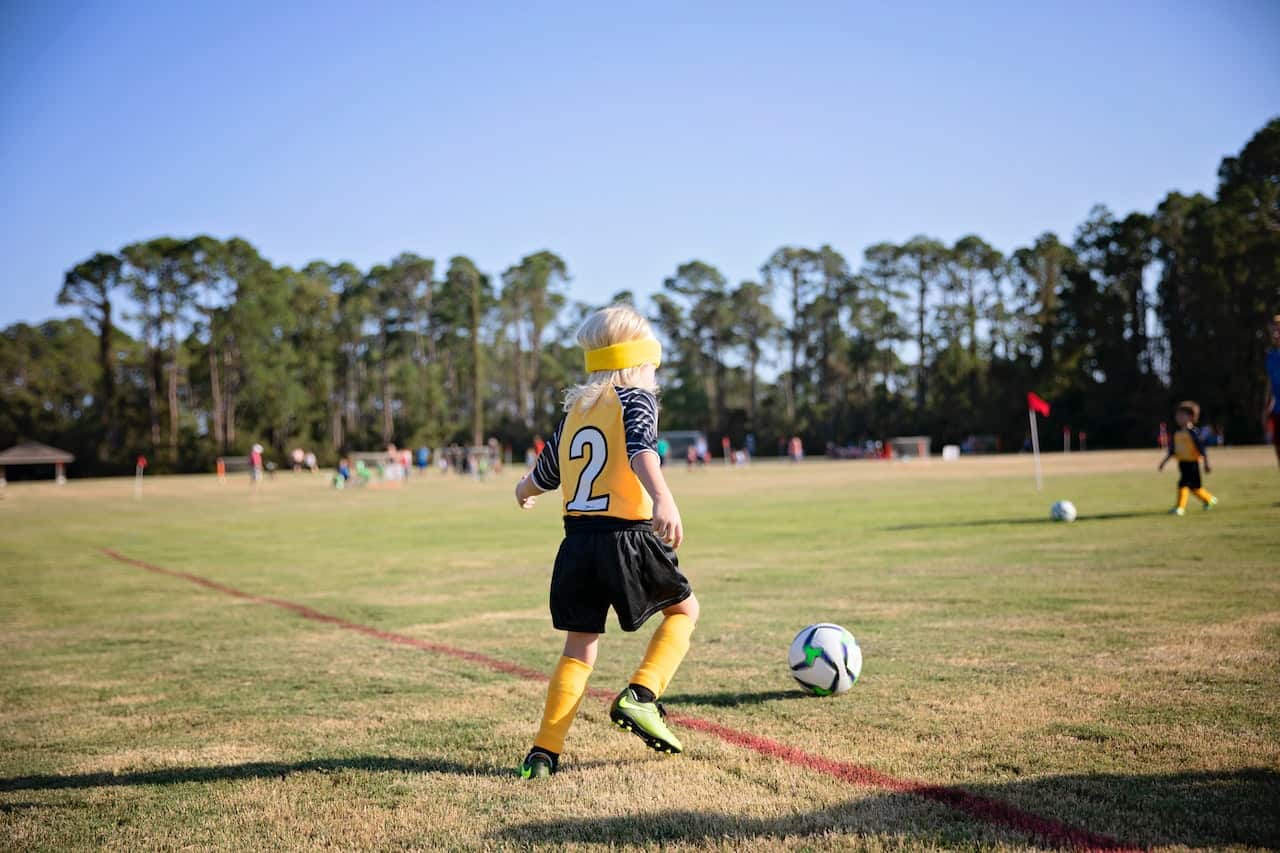
Physical activity is advisable for both children and adults. However, we should adjust the frequency of training precisely according to our age and other individual issues. So many parents wonder how often should a young athlete train? Here’s a hint!
The answer to this question should certainly be yes! Physical activity for the youngest is really a very important sphere that supports proper development and functioning on a daily basis and in the future.
However, in order for training and any activity to have a positive impact on the health of a child or teenager, it is necessary to sensibly organize the time in which he or she plays sports. The young body should not become overtired. Like everyone else, it must be given time to recover. However, training regularity is as important as the quality of the training performed.
Workouts engage our muscles, brain and affect the whole body. In order for them to bring specific results, especially in the case of children’s activities, the body must be supported by a healthy, balanced diet. Only when it is fully nourished during intense physical activity can it function effectively.
As a rule, when sports are practiced professionally by both children and adults, the family diet is consciously enriched with specific nutrients that support the work of the entire body. Ingredients to keep in mind are primarily proteins and vitamins. A large role is also played by carbohydrates, which make our energy levels increase.
When we decide to have our child start training, it is important to remember that this will be adding another activity to his weekly and daily schedule. Therefore, it is worth bearing in mind with what intentions the child starts training – whether it is to be purely a physical activity to support his healthy and proper development, or whether the training will be carried out with a view to later professional involvement. The establishment of a specific training plan will depend on this decision.
Sport is health. It is a hobby and a passion. However, it takes up time, which, in the case of a developing child, should certainly be judiciously managed between his school activities and rest and adequate sleep.
When planning training, it is these types of issues that should be taken into account, namely a minimum of eight hours of sleep, free time exclusively for the child, school and study time, and other activities such as spending moments with friends and family.
When planning a child’s activities, it should be taken into account that the child’s recovery takes a little longer than that of an adult. We must not overload the child with an intensive schedule, as at some point he will become discouraged from any physical activity, so it will have the opposite effect than we planned.
Ideally, a young athlete should lead a fairly regular lifestyle, in which he himself will feel the need for sleep, activity, study or rest. This is possible, but initially requires a lot of parental involvement in planning the child’s life.
However, it is worthwhile to spend the first few weeks to organize work in a sensible way, getting the child used to his new responsibilities, so that later he will be able to communicate his needs to adults on his own.
main photo: pexels.com/ Amber Faust